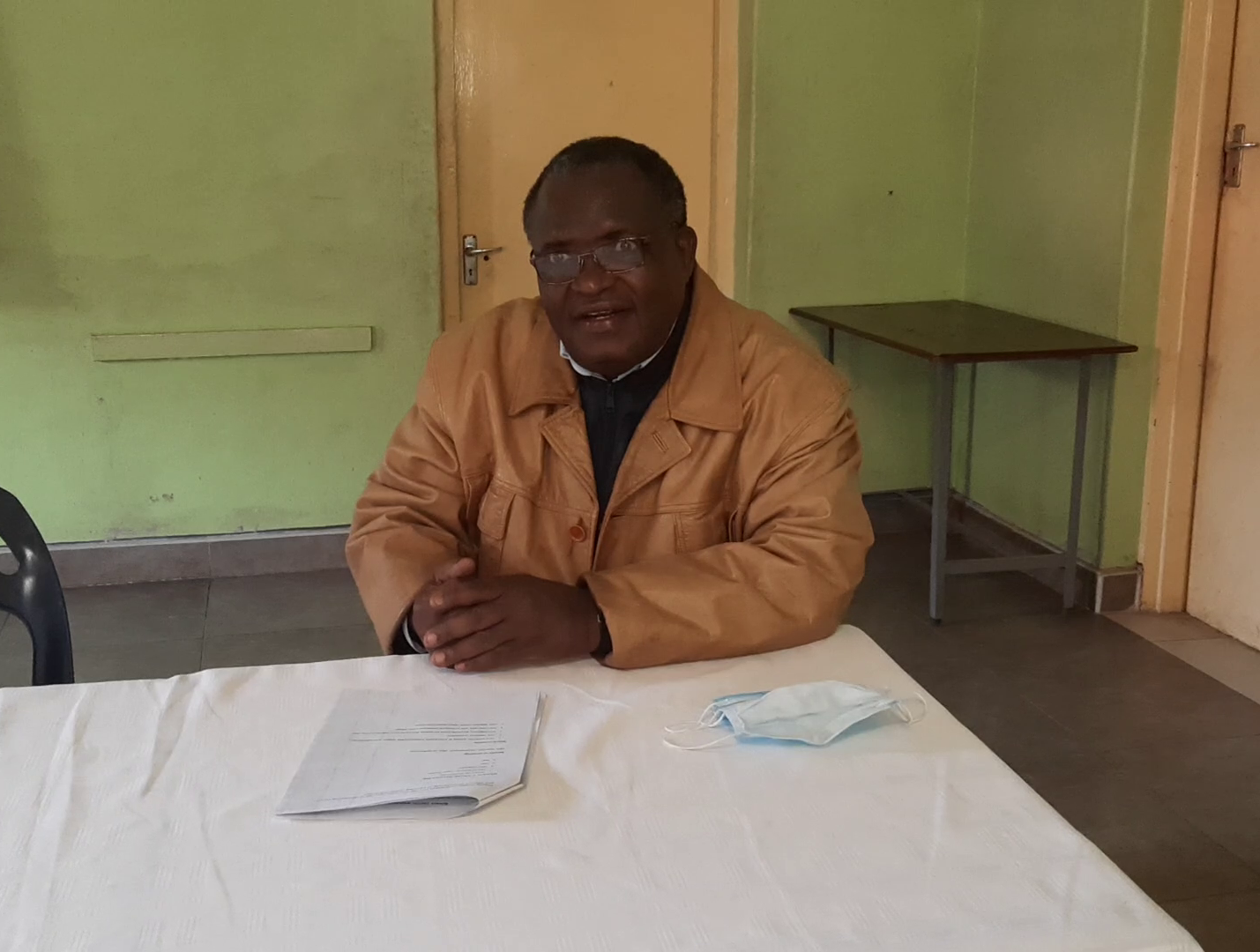by Rumbi Mahuvava
At first she thought it was just an ordinary lump, she hadn’t been checking her breast all that regularly but she knew she had always had lumps. So she ignored it and went about her life. Until she noticed that the texture around her breasts was changing and her nipples were secreting a bloody discharge. Her local nurse at the clinic in Silobela advised her to go to the District Hospital in Kwekwe so they could arrange for her to go and have a mammography.
And so began 41 year old Lillian Moyo’s fight with breast cancer.
Breast cancer is the second common cancer in Zimbabwe after cervical cancer. Every year, 900 women succumb to the disease. The chances of recovery from breast cancer are only 50-50 and the death rates are amongst the highest in the world. What kills most women is delayed diagnosis and treatment. Women usually seek treatment when the cancer has spread way beyond the breast. Treatment which can include chemotherapy, radiotherapy and sometimes surgery is too expensive, way beyond the reach of the ordinary person. Most hospitals demand that patients bring in even the most basic things when undergoing treatment, from vacoliters to crepe bandages. Those who can afford treatment are not spared, cancer machines in Zimbabwe’s largest hospitals are obsolete. In 2021, there was only one working radiotherapy machine in the country. Cancer treatment services are unreliable, patients have reported paying for treatment only to be told the hospital doesn’t have medication. Most then opt to go and get treatment in South Africa or India. But for the majority of women like Lillian, all hope is lost.
“I could not afford the treatment, $1000 for a round of chemotherapy? Added to that are travel costs to and from Harare every other week. I could not afford even one dose,” she said.
Former Minister of Health, Doctor Henry Madzorera says that government is not doing enough to make sure everyone has access to health services. He said that government is doing nothing to achieve the Universal Health Coverage (UHC) as a result Zimbabweans are still paying for health services at the point of access. Dr. Madzorera was the Minister of Health and Child Care during the Government of National Unity (GNU) era from 2009 to 2013 where the ruling ZANU PF and opposition Movement for Democratic Change were in a power sharing agreement.
“Plans to have UHC in Zimbabwe were at an advanced stage in 2011 but the Government of National Unity was dissolved in 2013. Everything that we had put into place and planned to resolve in the Ministry of Health was discarded, the scientists we had approached to help us; it all came to nothing, he said.
African states like Ghana already have UHC in place. Every citizen gets treated for free, because they have put systems in place for people to contribute towards health delivery when they are still healthy. The Afro Barometer states that Zimbabwe is lagging behind when it comes to the six World Health Organization (WHO) Health System Building Blocks that are mandatory for a functional health delivery system. These include human resources, medical products, vaccines and technology including infrastructure, health financing, health information, service delivery, leadership and governance. Zimbabwe is plagued with a massive brain drain as more of its health personnel are leaving the country in search of better opportunities abroad.
Dr. Madzorera is adamant that UHC is the way to go in order to restore Zimbabwe’s health system to its former glory and beyond.
“There are 16 million people in Zimbabwe, if everyone pays a dollar every month we will have enough to run our health care system. It’s enough to cater for every need and to treat every ailment and to pay nurses and doctors well. Only government has the power to make that possible. For now our systems and machines are broken down, we don’t have the capacity to treat certain cancers and other diseases,” he lamented.
According to the Zimbabwe National Health Strategy (2016-2020), 14% of the health facilities in Zimbabwe are located in urban areas while 86% are in rural areas. As of 2015, Zimbabwe had 1848 hospitals and primary health care facilities, 68% of the health care delivery in rural areas is from mission hospitals and clinics. Nationally, mission hospitals and clinics account for 35% of health care delivery. Of these, 22 mission hospitals have been designated district hospitals and every district has at least 2 doctors, every primary health care center has at least two qualified nurses.
As the situation stands, rural based women like Lillian continue to suffer the effects of a failing health system where basic services are not available. They have to face the pain and find other affordable means to cope with breast cancer.
“I opted to go for the traditional route. I have been using herbs my grandmother recommended, so far it seems to be working but the pain sometimes is just unbearable,” says Lillian.
